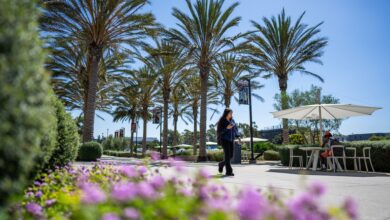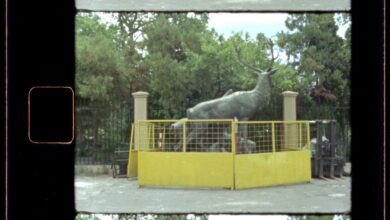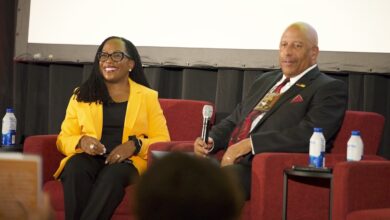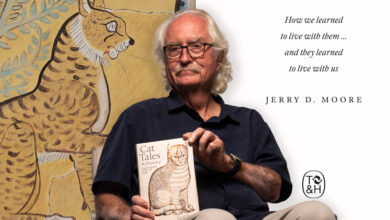 For Anne Garrett, there is one skill that college graduates simply can not do without. “No matter what career someone goes into, it’s important that they be able to write competently,” she says.
For Anne Garrett, there is one skill that college graduates simply can not do without. “No matter what career someone goes into, it’s important that they be able to write competently,” she says.
That’s why the former composition professor in the interdisciplinary studies program at California State University, Dominguez Hills (CSUDH) devoted her career to developing those skills in her students. “Working on writing can be a vulnerable and delicate issue, but I’ve been continually amazed by my students’ receptivity. I feel my greatest strength is my ability to get through to students, which is drawn from my sensitivity to their backgrounds and needs.”

Garrett, who retired at the conclusion of the fall 2019 semester after 20 years at CSUDH, was honored this year with the Catherine H. Jacobs Outstanding Faculty Lecturer Award. The award recognizes faculty who demonstrate excellence in teaching effectiveness, and acknowledges the role non-tenure track lecturers play in student success and the campus community as a whole.
During her two decades at CSUDH, Garrett taught the Writing Adjunct course, an upper-division composition class which meets the university’s Graduate Writing Assessment Requirement (GWAR), as well as English 350, an advanced composition class. For many years, Garrett was also in charge of the GWAR program.
Much of Garrett’s connection with her students stemmed from the unique one-on-one nature of the Writing Adjunct tutorials. “Working one-on-one, you can tailor what you’re doing to what the person really needs,” she says. “Students always told me that I broke things down and made them seem simple, so that they could understand it.”
“A lot of people have negative feelings about writing, or they’ve been told they can’t write. We also have a lot of students for whom English isn’t their native language, so automatically that’s going to make writing more difficult for them.”
Garrett grew up in Berkeley, California. She received her bachelor’s degree in English at the University of California, Santa Barbara (UCSB), and attained her master’s at CSUDH, with a focus on composition and rhetoric. One of her mentors at CSUDH was the catalyst behind her entire teaching career.
“I never saw myself in a teaching role,” says Garrett. “I thought I was too shy to teach. But my mentor in the English Department, Larry Ferrario, called me after I graduated. He said that there was a job in the Department of Interdisciplinary Studies that he thought I would be good at.”
Ferrario knew the person running the program, and with the semester about to begin, it was crucial that they hire someone for the position. “I kept telling Dr. Ferrario that I couldn’t teach,” says Garrett. “He said, ‘Of course you can. Get down here.’ Anyway, he was right and I was wrong. It was definitely the right career for me.”
“After about a week of doing the job, I realized that being shy has nothing to do with being a teacher. As soon as I started engaging with people, I just cared about what they needed and my shyness went away.”
Garrett was surprised and delighted when she heard she had won the award. “I didn’t think that they would ever choose someone who taught composition,” she says. “It’s often seen as ‘grunt work’.”
“I’m pleased that composition got acknowledged as an important discipline through this award. I chose to concentrate on rhetoric and composition for my master’s at Dominguez Hills because I felt that writing was such a vital skill. I love literature, but I think that having competent writing skills is even more important.”
Garrett found CSUDH to be a uniquely rewarding place to work. “For me, the best part about Dominguez Hills is the diversity. I liked working with students from different walks of life and different ethnicities,” she says. “I also learned throughout the years that students’ native language dictated the problems they would have in English. Someone coming from a Spanish background is going to have different problems writing than someone coming from an Asian language background. It was fun for me to come up with ways to solve those problems.”
The professor also found Toro students to be particularly eager to learn. “Our students are very appreciative of education and the opportunity they have here, partially because a lot of them are first-generation college students. I never had a problem with students being disrespectful, they were just so hungry to learn and appreciative. No one ever said, ‘Oh geez, lady, you’re so boring!’”









